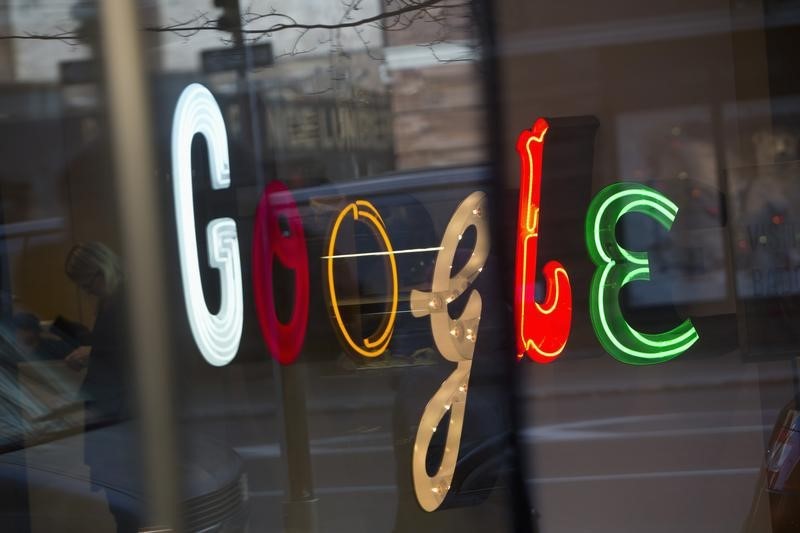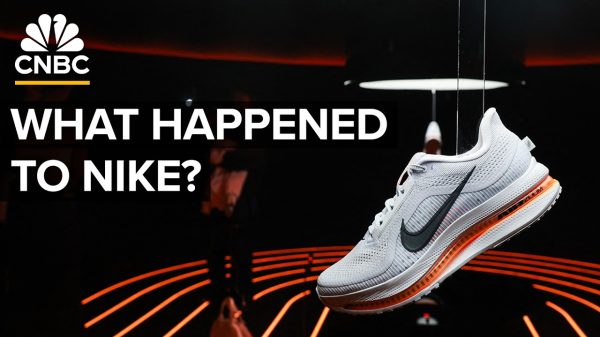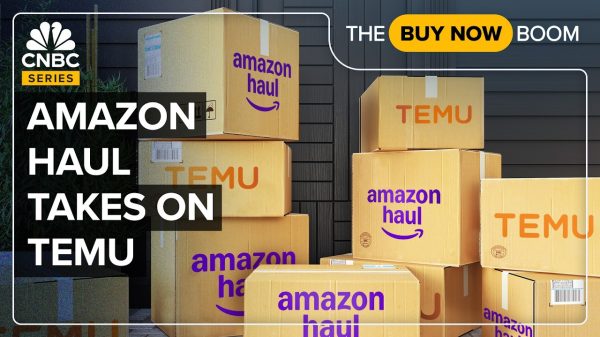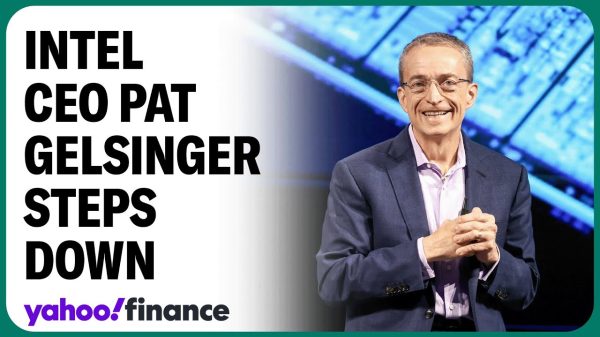© Reuters.
WASHINGTON – Google (NASDAQ:) is nearing the end of its defense in a high-stakes antitrust lawsuit, with the U.S. et al. v. Google case set to conclude after a final government rebuttal. The tech giant has been contending with allegations from the Justice Department and state attorneys general that it holds a monopoly over search and advertising markets.
During the proceedings, Google CEO Sundar Pichai stood by the company’s practice of paying for default search engine status on devices from Apple (NASDAQ:) and other tech platforms, revealing that Google shared 36% of search revenue from these deals with Apple. Kevin Murphy, an economic expert for Google, provided testimony to support this claim.
Google’s defense also pointed to instances where competition influenced market decisions, such as Mozilla’s temporary shift from Google to Yahoo in 2014 due to product quality issues, only to return to Google in 2017 following a decline in Yahoo’s user experience.
Prabhakar Raghavan, head of search at Google, emphasized the firm’s dedication to advancing technology through significant research and development investments. This commitment was contrasted with Microsoft (NASDAQ:) CEO Satya Nadella’s vague responses regarding Microsoft’s investment in its own search engine Bing during cross-examination.
The government has accused Google of several anti-competitive behaviors, including delaying the launch of generative AI technology until after OpenAI introduced ChatGPT and considering an incognito search engine that would not store user data—a move that could have potentially cost the company billions in revenue. Additionally, the government alleged that Google manipulated ad prices during times of revenue shortfall.
In response, Google cited its long history of fostering competition by introducing transformative products such as its search engine in 1998, the Chrome browser in 2008, and the Android operating system in 2008. The company also highlighted its competition with newer entrants like TikTok and Amazon (NASDAQ:), which have become alternative sources of online information.
The outcome of this landmark case rests with Judge Amit P. Mehta, who is expected to issue a verdict next year. The decision will likely have far-reaching implications for both Google and the broader tech industry as debates over antitrust laws and digital market dominance continue.
This article was generated with the support of AI and reviewed by an editor. For more information see our T&C.
Read the full article here













